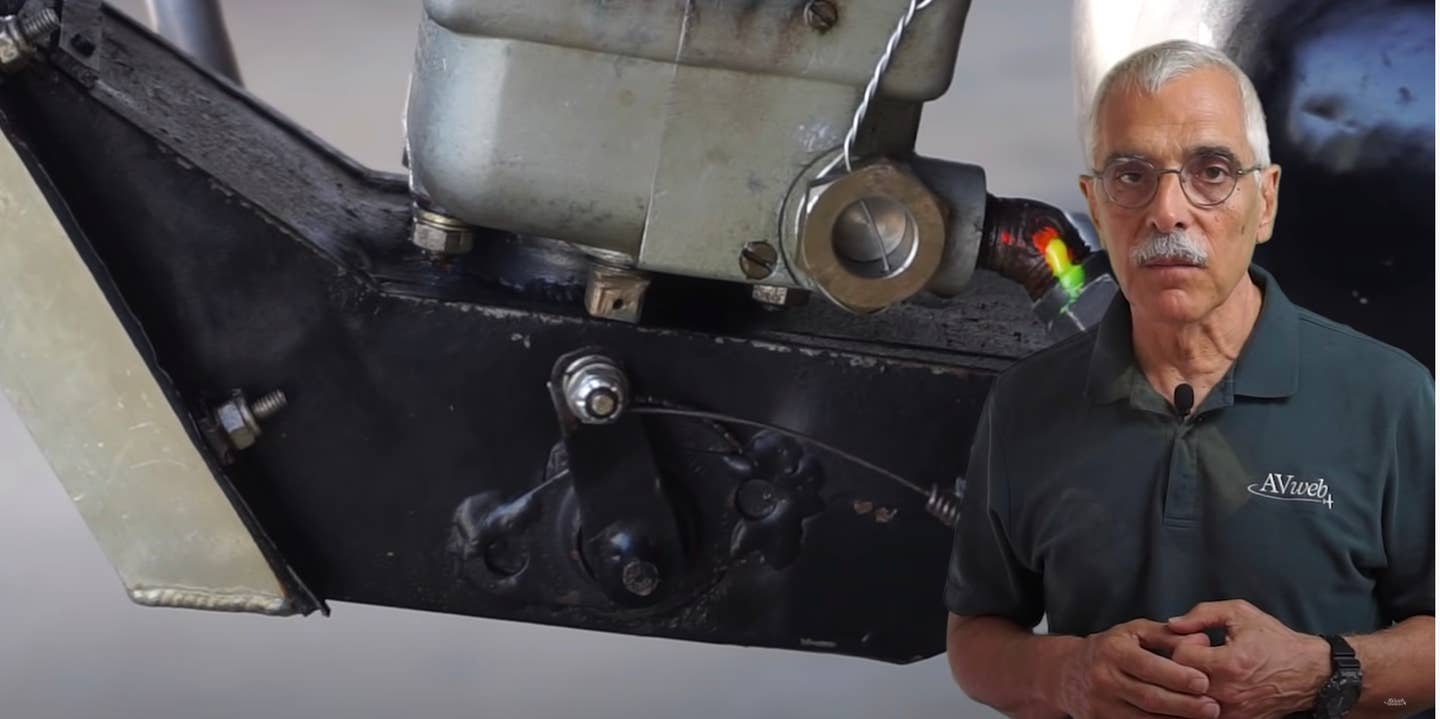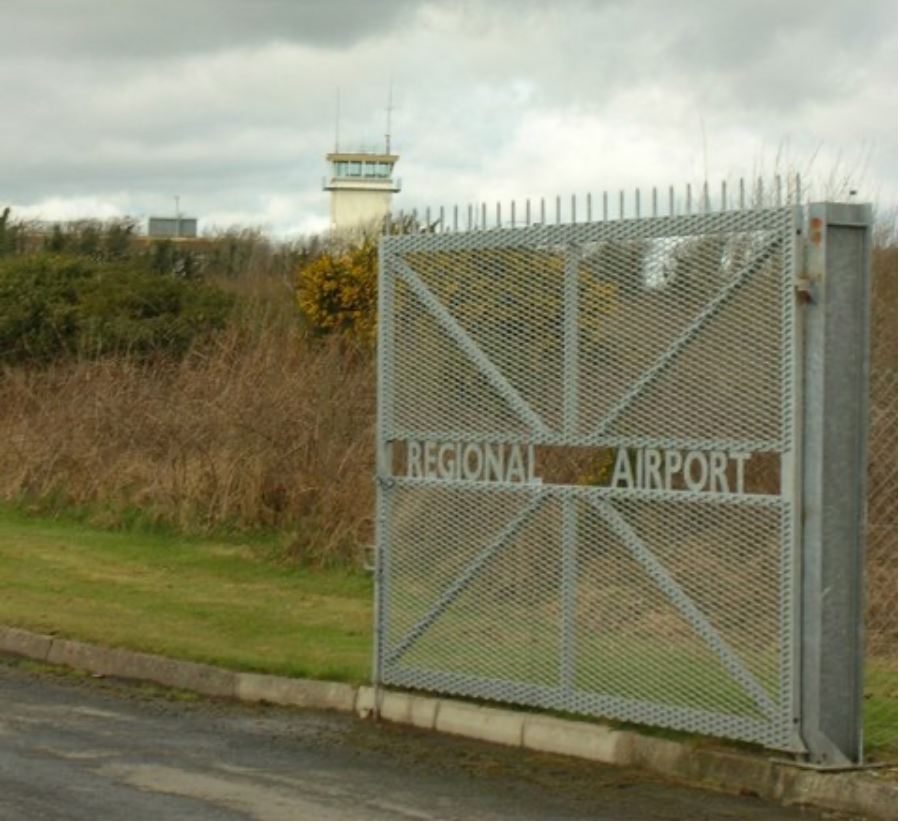Hey, That Carb Heat’s Not Right
Sometimes an extra set of eyes on your mechanical work isn’t quite enough. The probability favors a few more; a thousand or so seems to work.

I was thinking the other day that I’ve come to view social media as sort of like four busy Unicom frequencies continuously splattering each other until the occasional legible word breaks through. Then I realized I’ve always thought that, just more so now. But the legible word did break through last month on our YouTube channel.
A few days after I posted the engine failure video, this comment appeared: “At 13;45 your view of the carb heat control is totally incorrect, the airplane you filmed that on should be corrected. The cable clamp bolt in the arm of the butterfly shaft should rotate, the one you showed does not, and clearly the cable is bending as it actuated the arm. The wire is clamped thru the hole in the CLAMP only.” This got my attention because, well, it’s my Cub he’s talking about.
His description is mangled, but he correctly identified a problem I missed and may have caused. The Cub’s carb heat knob is probably a choke cable from a 36 Dodge—the trim control is the window crank—and the cable snakes down to an arm on the carb heat box. Some time ago—quite a while, I think—I started noticing that the carb knob wouldn’t seat correctly, as if the heat flapper wasn’t closing entirely.
I chalked this up to an old, creaky airplane showing its age, but I uncowled the engine and assured myself that despite the cable oddity, the heat was opening and closing fully. Following the sharp-eyed viewer’s comment, I uncowled the thing again and had someone work the knob while I observed. You can see what’s happening in the video; the cable binds slightly and acts like a weak spring, pushing the knob off the fully closed position while the flapper remains shut, as it’s supposed to.
That cable has a little jog in it that passes through a hole in the bolt attached to the actuating arm. The self-locking nut just snugs it up, but doesn’t really lock the cable in place. A little shimming with lean washers freed up the bolt to rotate and now the cable is bind free and works like it used to.
I probably caused this myself when I removed the carburetor chasing a fuel leak. I didn’t notice the error when I reassembled it and neither did the IA signing off the annual. It’s kind of a subtle thing and you have to know what you’re looking for and at. I do and I missed it.
It reminded me of something I was told when I visited the Rotax factory to see how the engines are made. These days, engines are assembled with a lot of electronic oversight. Torque settings for major fasteners like rod caps and main bearings are done with electronic torque wrenches and the data is stored for posterity. But there are a lot of hand assembly steps that aren’t backstopped this way and are subject to what the factories sometimes call “four eyes.” That means one assembler does the work, a second comes along with a checklist and assures it was done correctly. They still occasionally miss things, but not much.
In my case, I had benefit of more than 2000 eyes, there being more than 1000 comments on that video. But only one pair caught the problem. But that was all it took to alert me to fix it.






